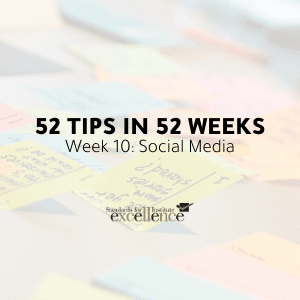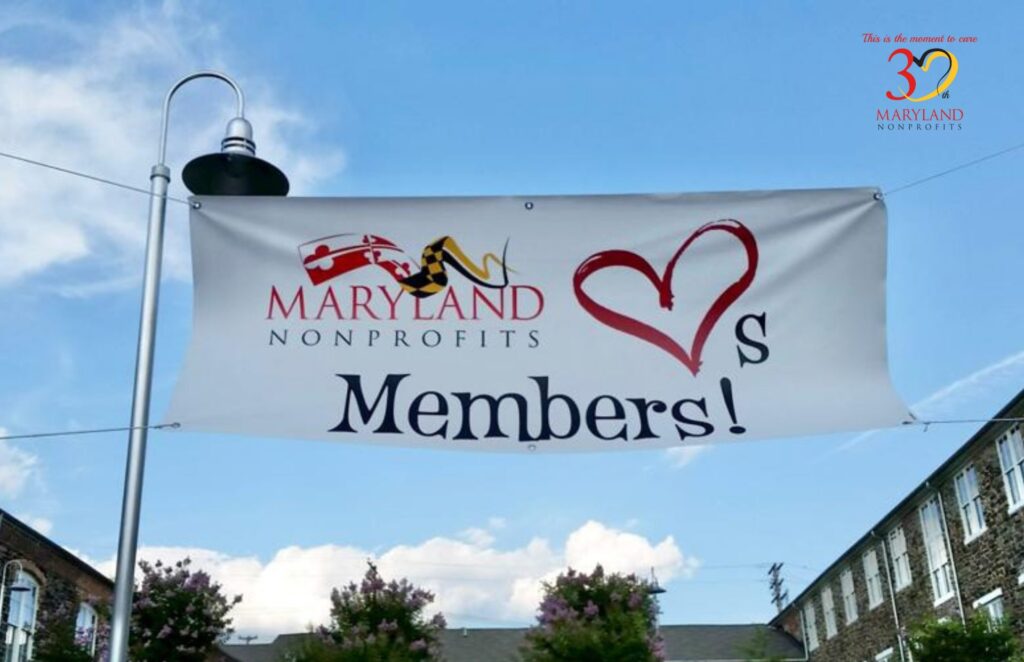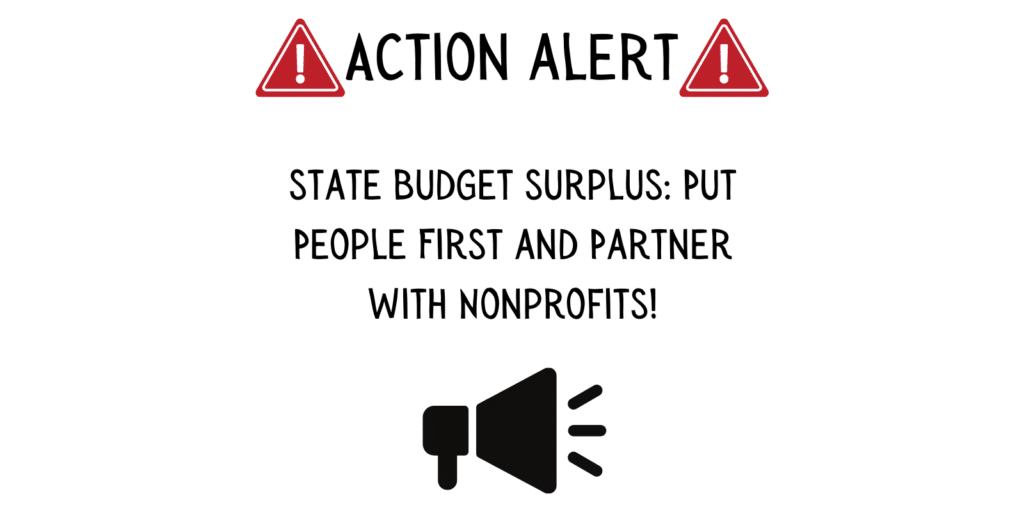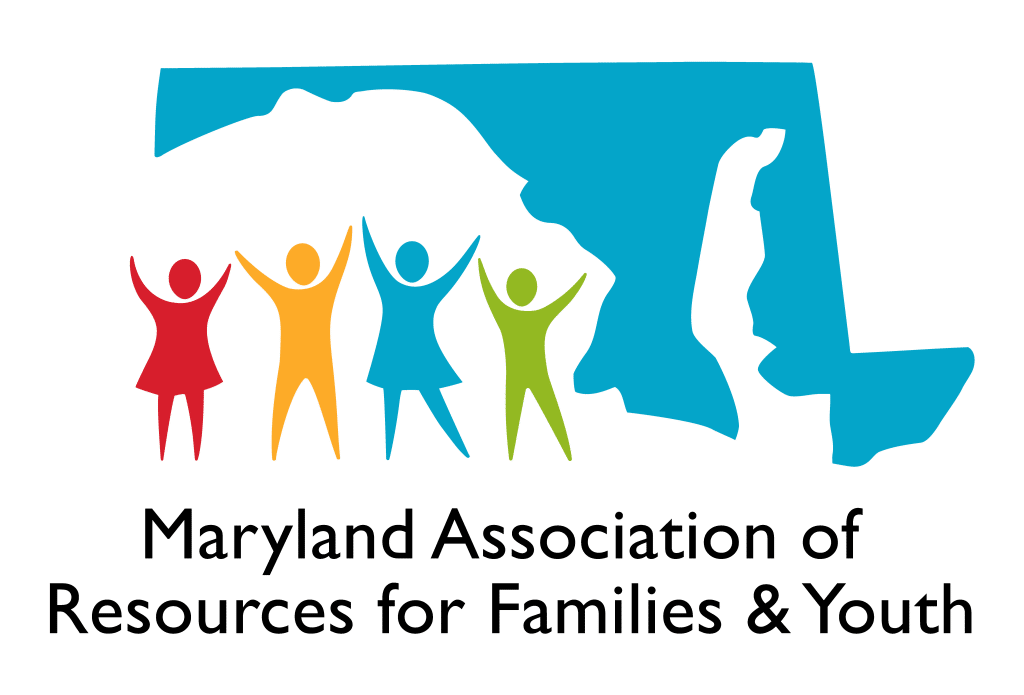This is part of a special series, brought to you by the Standards for Excellence Institute, to provide nonprofit leaders with a brief nonprofit governance and management tip weekly over the course of 2020. We hope these short tips will be helpful to you and the nonprofits you serve. If you have suggestions for future topics, please forward these to acmadsen@standardsforexcellence.org.
While your website is certainly a good start for introducing yourself to the public, if you are seeking to engage with the public, social media is the tool to use. In the United States, almost 70% of adults had some form of social media account (mainly Facebook) in 2018 according to the Pew Research Center. In this market, the use of social media to further yourself and your group is almost a necessity. How you use social media – whether as an extension of your website, with general news and announcements, or as a personal face for your work – is ultimately up to your organization; but, remember – using social media can change how the public interacts with you.

The Standards for Excellence: An Ethics and Accountability Code for the Nonprofit Sector states “Nonprofits should provide a meaningful opportunity for the public to communicate with a representative of the organization.” The Standards for Excellence code also encourages each nonprofit to have a board-approved social media policy. Social media affords that opportunity in an easily accessible and understandable way, but social media isn’t for everyone – and that holds true to nonprofits. You, as a leader of a nonprofit entity, have to ask yourself some important questions before creating a presence on social media. Consider:
- Is my primary mission, program, and/or constituency one that is served better by the use of social media?
- Is my organization capable of sustaining a social media presence?
- Once this social media page/account is created, who will manage it?
- What social media platforms will we use? Your target audience may be found on one or two platforms – why would you try to manage multiple if your constituency isn’t there?
Social media is a tool, and its proper utilization will help you further your organization’s goals.
The Standards for Excellence educational packet on Administrative Policies includes helpful resources and samples of a crisis and disaster plan; roles and responsibilities of the nonprofits’ disaster/crisis response team; a nonprofit risk assessment worksheet; a business continuity plan worksheet; and a sample emergency crisis communication plan. Members of Maryland Nonprofits have access to this and all 27 Standards for Excellence Educational Resource Packets through the member portal.
This is part of a special series, brought to you by the Standards for Excellence Institute, to provide nonprofit leaders with a brief nonprofit governance and management tip weekly over the course of 2020. We hope these short tips will be helpful to you and the nonprofits you serve. If you have suggestions for future topics, please forward these to Amy Coates Madsen.
Blog Post: What Should Be Included In Our Nonprofit’s Annual Report?






